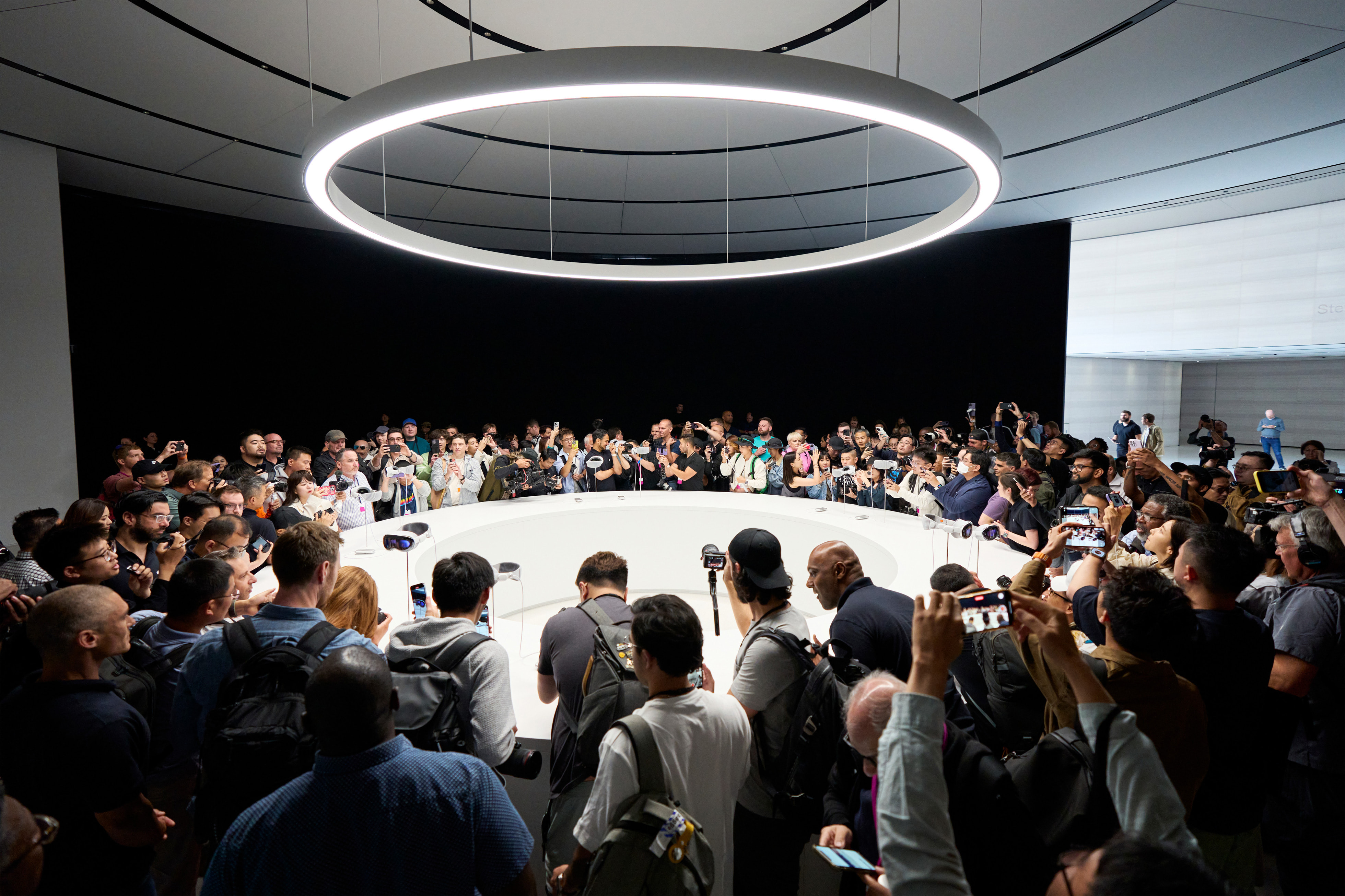By S Pavithran
Updated:

WWDC 2023. SOURCE: APPLE
What is on-device AI?
An on-device AI model processes the data on the device with the computational power of the onboard phone chipset. It does not transfer data to a cloud AI (Like ChatGPT). So the legwork of being a good little AI assistant is all done on the smartphone itself.What can we expect from an on-device AI?
Apple has declined to mention which features will be having AI baked in. While having AI assist in writing in Notes App and Keynote is a given, Apple does not do just what is expected of them. They strive to make connections in their apps and hardware ecosystems to make seamless switch between apps and between devices. They over-engineer their charging cables. In short, they do things differently.That is not to say that they haven't fallen short of expectations. "Incremental upgrades" is the catch-all term often mentioned in reviews of Apple devices. Nevertheless, the combination of AI and Apple Engineering is an exciting prospect to look forward to. To see what an on-device AI can do, we check out Apple's competition. Samsung AI is a collection of different sized models, smallest being able to run on devices. The largest models require the power of cloud computing. Samsung claims their on-device AI supports the following
- Generative AI
- Image processing
- Writing assistant

